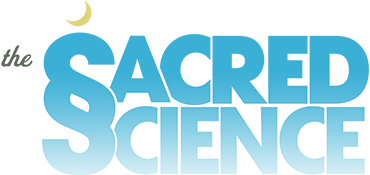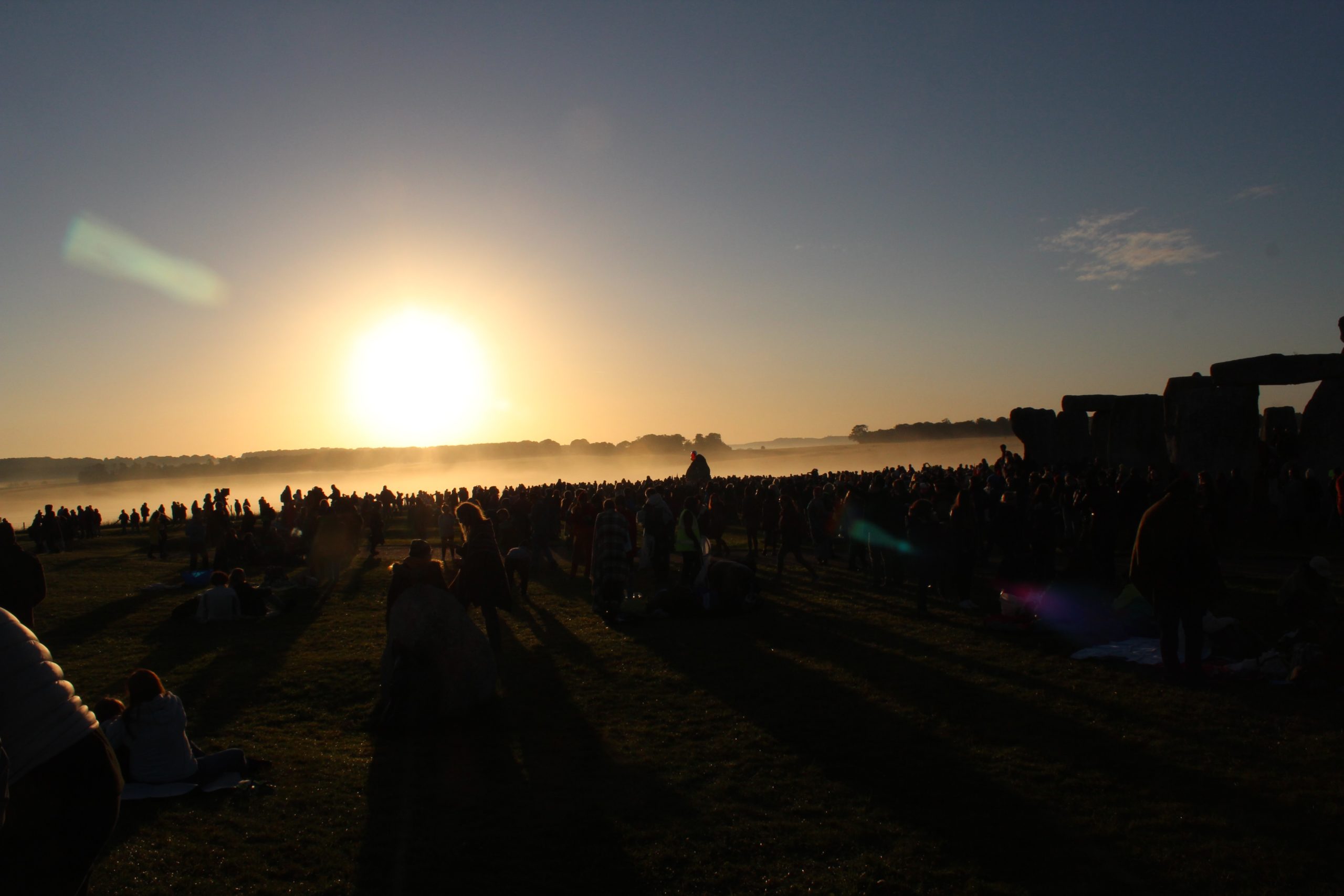For many in the Western world, the shift to winter barely registers — except that maybe it’s time to haul your heavy coat out of storage and turn up the dial on your thermostat.
However, when we carry on living the same way regardless of the season, we lose the opportunity to connect with nature… and with our deepest selves. Even though we can control the climate indoors, it’s vital that we pay attention to the lessons that the earth is sharing with us outside.
For our ancestors the world over, the beginning of winter marked a sacred and deeply symbolic time. It’s celebrated by many as winter solstice, and falls on the shortest, darkest day of the year — beginning our return to longer days.
Ancient cultures — like the Egyptians, the Maori, the Maya, the Celts, and so many others — all celebrated solstice in some form. In the Chinese Taoist tradition, winter solstice is considered the most yin (dark / feminine / damp) day of the calendar. Energy comes to a momentary point of pause, before it gives birth to yang (light, masculine, heat).
Yin and yang form the basis of Chinese medicine and according to this school of wisdom, one cannot exist without the other. These two seemingly opposite forces are intimately connected and complementary.
I love this concept. We need times of darkness, quietness, and stillness for healing and rest, as much as we need activity, noise, and light.
The winter solstice takes place tomorrow, Monday, December 21st, and I’ll be taking time to rest (I may even nap!), nourish myself with warming, wholesome soup, and practice more yin activities: meditation, pranayama, and quiet walks outside with my family.
As a matter of fact, this year marks a very special winter solstice.
Mighty Jupiter and imposing Saturn will come into conjunction. Jupiter and Saturn are the two largest bodies in our solar system, and this Monday, they will appear only 0.1 degree apart — the closest they’ve been observed together by the naked eye since 1226.
We Polizzi’s plan to snuggle under a blanket together outside watching this mind-blowing sight! Some astronomers suggest the proximity of these two celestial bodies may even appear as a bright Christmas star, pouring starlight down on us.
Like solstice, this Jupiter-Saturn conjunction holds deep symbolism. Ancient and modern astrologers often associate Jupiter with the forces of light and good, and Saturn with the forces of darkness. Saturn is the bringer of rules, regulations, and tradition — while Jupiter represents blessings, new ways of seeing and being, and spiritual insights.
The fact that this historical conjunction is taking place on winter solstice compounds the momentousness of this day! Who knows? This could be the birth of a new era…
I don’t know about you, but I certainly feel ready to welcome a positive transformation for humanity and for this beautiful earth we all cherish.
Stay curious,
Nick Polizzi
Host of Proven: Healing Breakthroughs Backed By Science
& Founder of The Sacred Science
Check out these fascinating talks by Jessica Alexandria (Tarot and Western Astrology), Komilla Sutton (Vedic Astrology), and Shih-tien (Chinese Astrology – Feng Shui) explaining the Jupiter-/Saturn conjunction and the significance of it falling on winter solstice from similar yet separate perspectives. Not surprisingly, each tradition acknowledges the power of this moment.


